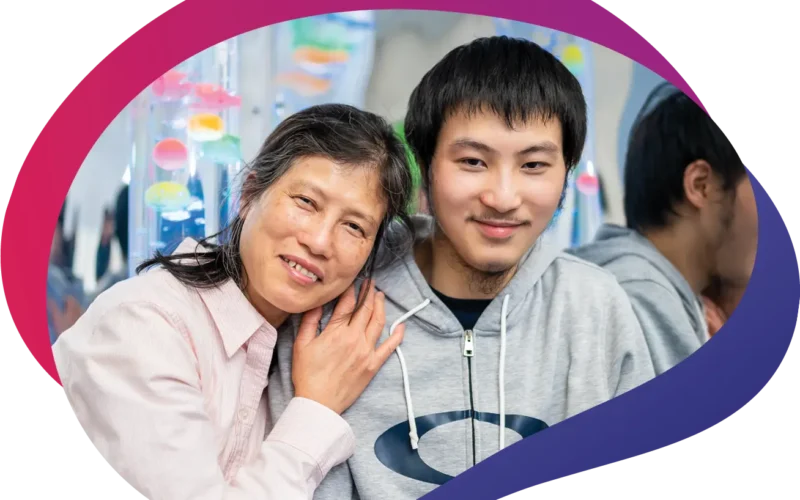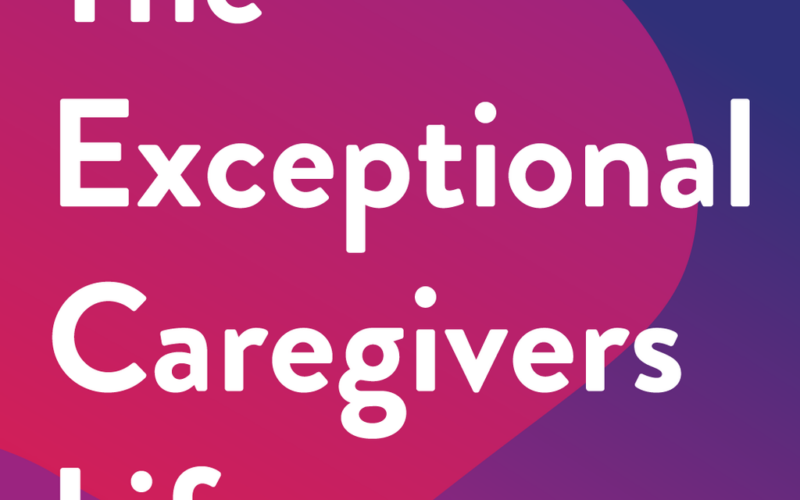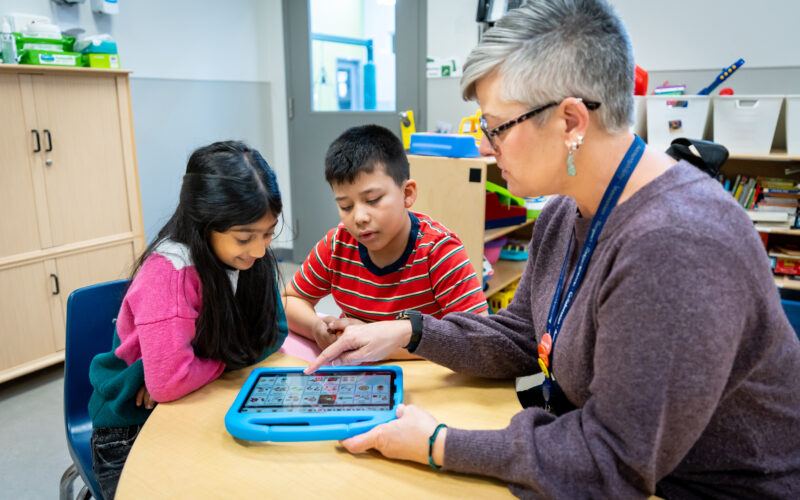The Ministry of Children, Community and Social Services (MCCSS) is upgrading the provincial database that Developmental Services Ontario (DSO) uses to serve and support individuals across Ontario. During the upgrade, the DSO offices will not have access to the database between January 16, 2025 and January 21, 2025.
The DSOs will be very limited in the service they can provide during this upgrade period. We apologize for the inconvenience and appreciate your understanding of our limitations in serving individuals while we do not have access to our database.
Interruption de service SOPDI
Le ministère des Services à l’enfance et des Services sociaux et communautaires (MCCSS) met à jour la base de données provinciale que tous les Services de l’Ontario pour les personnes ayant une déficience intellectuelle (SOPDI) utilisent pour servir et soutenir les personnes dans l’ensemble de l’Ontario. Pendant la mise à jour, les bureaux des SOPDI n’auront pas accès à la base de données entre le 16 janvier 2025 et le 21 janvier 2025.
Les SOPDI seront très limités dans les services qu’ils pourront fournir pendant la période de mise à jour. Nous sommes désolés des inconvénients que cela pourrait occasionner et nous vous remercions de faire preuve de compréhension face aux limites de notre capacité à servir les personnes pendant la période où nous n’avons pas accès à notre base de données.


